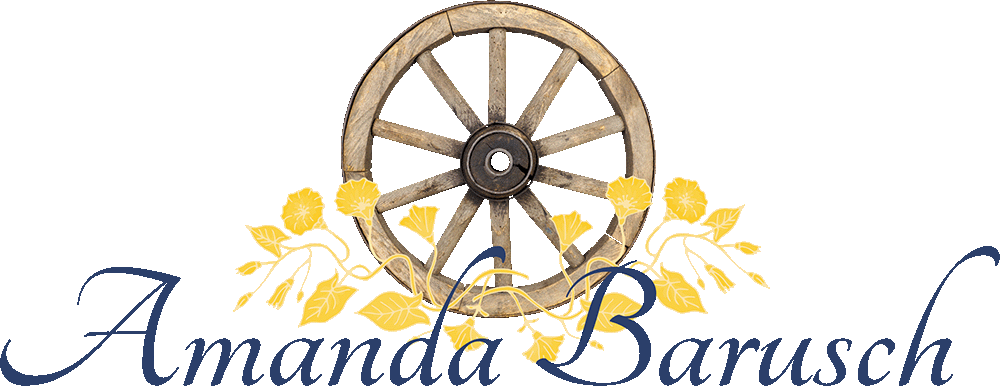My Brief but Spectacular Career As a Punctuation Enforcer
Image by Emily Morter on Unsplash
Can clear rules interfere with a broader understanding?
“Periods are fragile. They want to nestle inside quotation marks. It’s a matter of safety. Otherwise . . . who knows what could happen? One might be kidnapped by a parenthesis or sliced in pieces by that sharp greater-than symbol. You see? It’s the same for a question mark. You need to care for your sentence closures. Keep them inside those quotes.”
That was me-as-writing-teacher trying to make punctuation simple. This one rule was always a challenge for my masters students. A little humor might help them remember to put their doggone periods inside their quotation marks.
I enjoyed the clarity; the confidence. Let’s face it, I knew what I was doing. I even enjoyed circling those errant periods. In green, not red. I’m not an ogre!
But hey, punctuation goes inside the quotes. Everyone agrees.
Don’t they?
The Take-Down
Decades into my teaching career, I moved to New Zealand to teach and I took my hard and fast rule with me. For years, I cheerfully circled those bits of stray punctuation with my trusty green pen. My students made the corrections and their revised papers satisfied my desire for tidy punctuation.
Then Emily came along. She ignored my circles. Every one. Over and over. Finally, I had to “take it up” with her.
“Can we meet?” I wrote in green at the bottom of a page full of straggling periods.
That’s how I found myself in my lovely big office listening to Emily lecture on the history of New Zealand. As she explained that most of the my students descended from British settlers and colonists, I felt a slow burn creep over on my face. I knew that.
What I didn’t know was that in the UK and its former territories periods and question marks belong outside the quotation marks.
“It really makes more sense,” she explained. “They signal ending while quotation marks just signal someone’s talking.
“Or thinking!” I chimed in, breathless to prove I did know something.
“Or thinking.” She graciously acknowledged.
As you can imagine, I felt . . . (pick one!)
embarrassed
chagrined
chastened
humiliated
all of the above
The End
That was the end of my brief but spectacular career as a punctuation enforcer.
As I jettisoned that role, I came to appreciate how often in life that hard and fast rules just don’t apply. I learned to enjoy the daring exceptions that came my way as well as the mavericks who complicated my life with their spontaneous questions and demands. I became, dare I say, a little bit wiser. I still love my green pen but, instead of circles, I mostly draw curlicues.
Start writing here …

